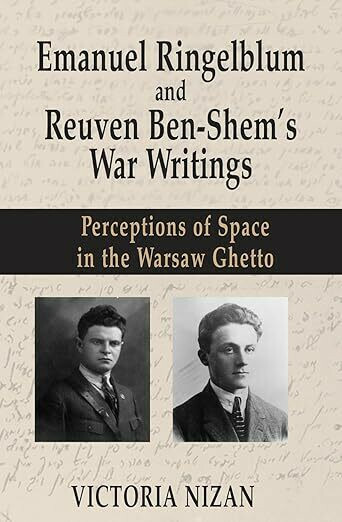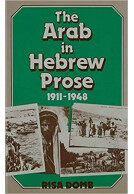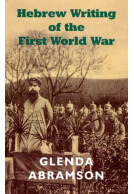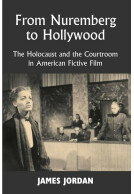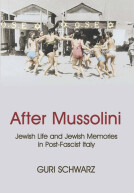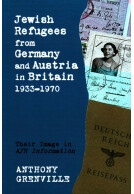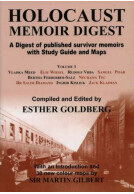Emanuel Ringelblum and Reuven Ben-Shem's War Writings (Hardback)
Perceptions of Space in the Warsaw Ghetto
Imprint: Vallentine Mitchell
Pages: 310
ISBN: 9781803710716
Published: 9th January 2025
Script Academic & Professional
Pages: 310
ISBN: 9781803710716
Published: 9th January 2025
Script Academic & Professional
You'll be £60.00 closer to your next £10.00 credit when you purchase Emanuel Ringelblum and Reuven Ben-Shem's War Writings. What's this?
+£4.99 UK Delivery or free UK delivery if order is over £40
(click here for international delivery rates)
Order within the next 4 hours, 10 minutes to get your order processed the next working day!
Need a currency converter? Check XE.com for live rates
(click here for international delivery rates)
Order within the next 4 hours, 10 minutes to get your order processed the next working day!
Need a currency converter? Check XE.com for live rates
History and politics were two important concepts defining Jewish identity prior to the Second World War. This book explores how these were expressed in the war writings of Emanuel Ringelblum and Reuven Ben-Shem, inmates at the Warsaw Ghetto. Each produced different accounts in purpose and style, Ringelblum's diary was a historical record whereas Reuven Ben-Shem's was personal, primarily intended to inform the world what had happened to his family. Despite their vast political differences, one thing stands out, Jewish history defined their personal identity, and they derived moral and political inspiration from it.
Scrutiny of the diaries suggests that the range of topics and how they were recorded reflects traditional approaches to appropriacy, resulting in a focus predominantly on the public sphere, leaving us to speculate the private arena. The book examines relationships between physical spaces in the Warsaw Ghetto, and how they were conceived. That is, how writing reflected the disruption of Jewish spaces by blurring boundaries between the private and public spheres resulting in abjection. The more Jews were crowded into progressively dwindling space, the more the private became public.
The innovation of this research lies in creating a model using historical records, philosophy and literature to understand the interactions between people, spaces and conditions in the Warsaw Ghetto, and their effect on its inhabitants and outsiders. Indeed, the study of these diaries indicates that language operated as a spatial vehicle for introducing order into chaos.
Other titles in Vallentine Mitchell...







